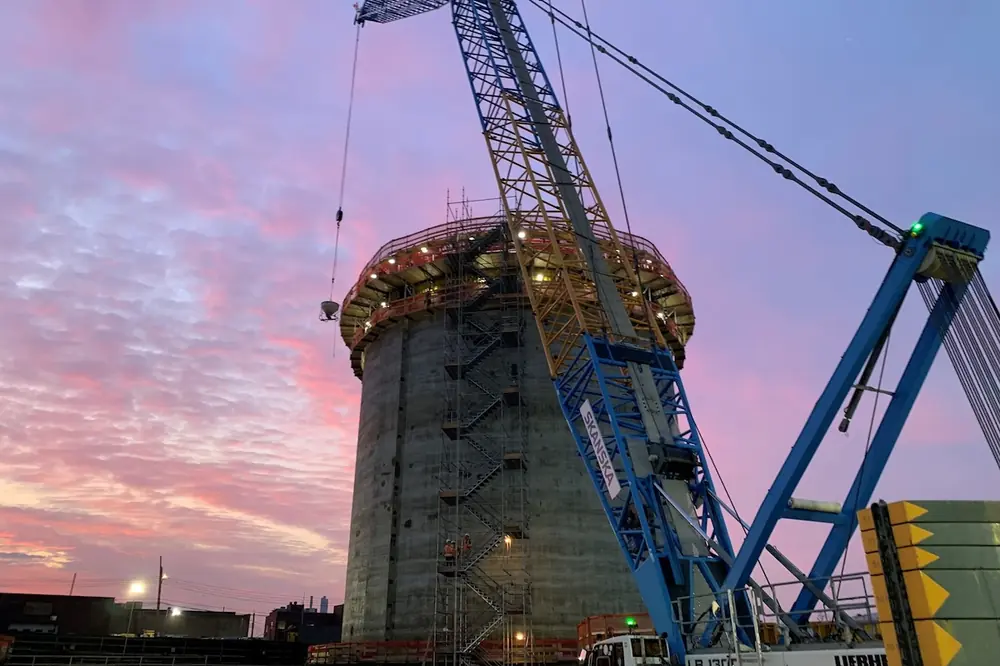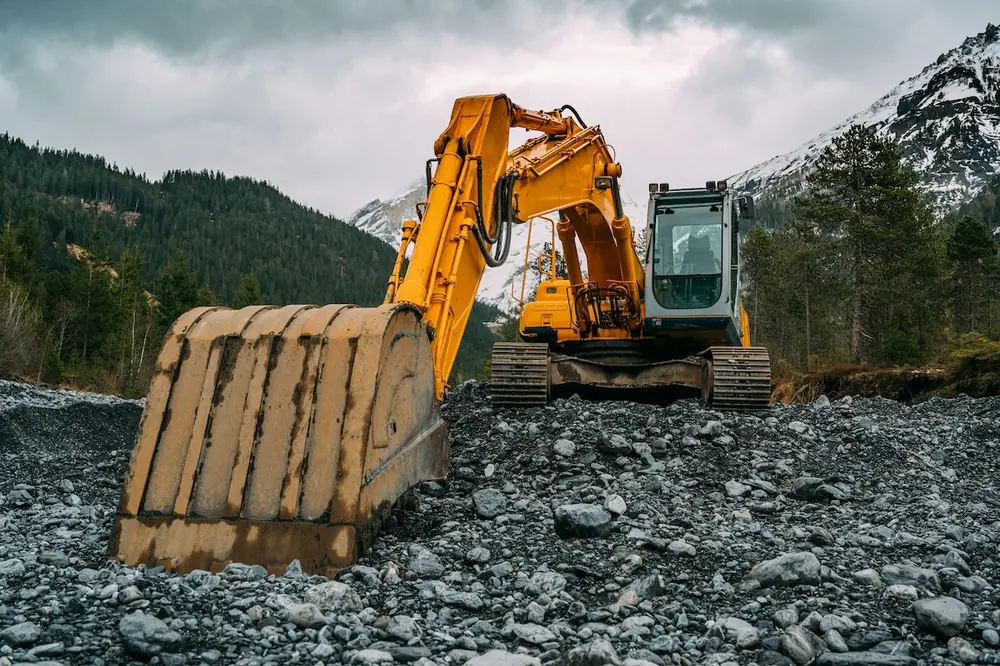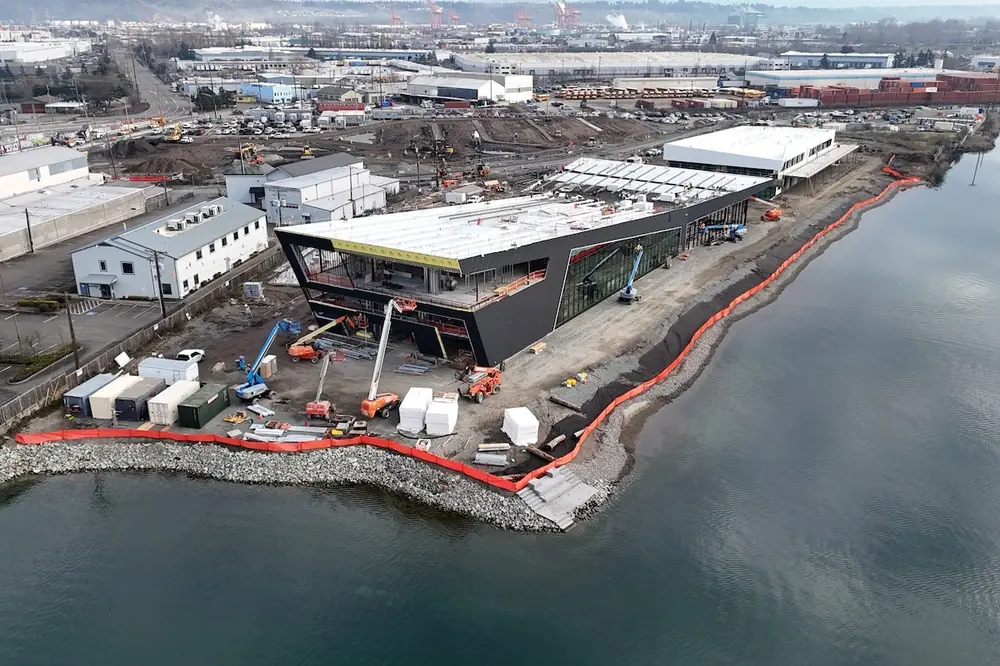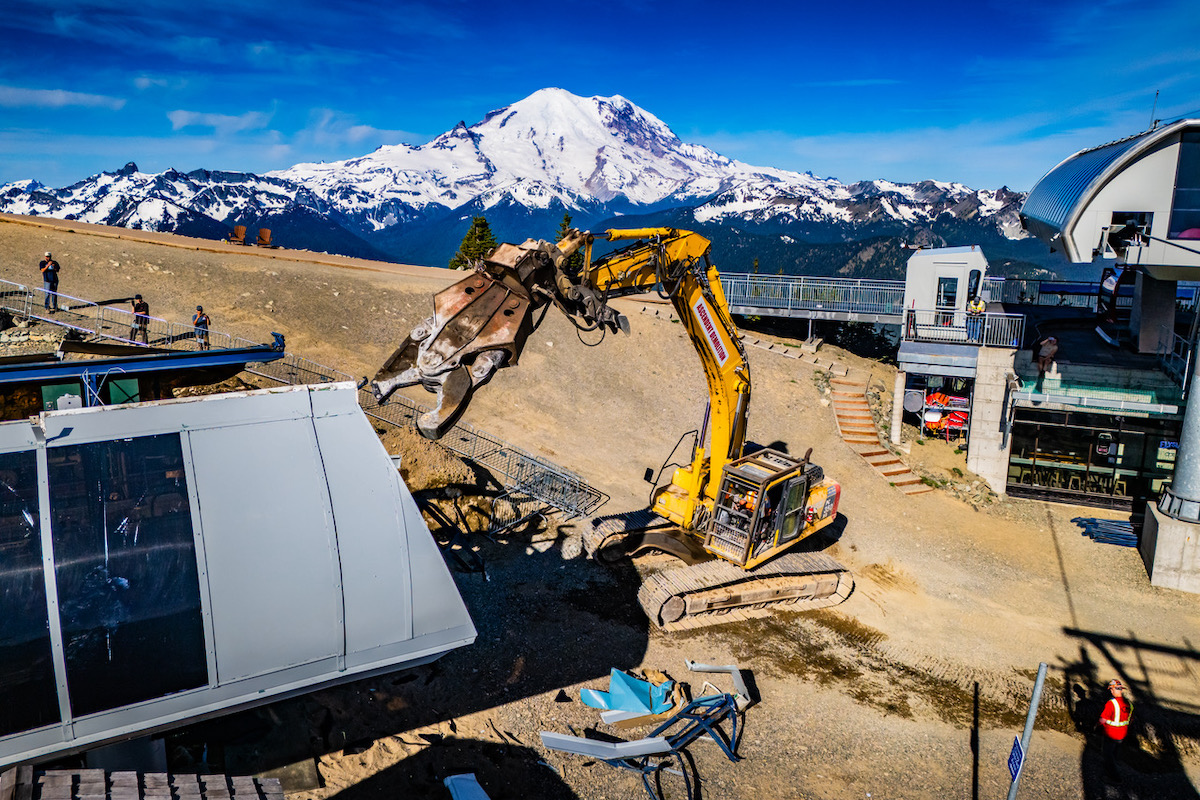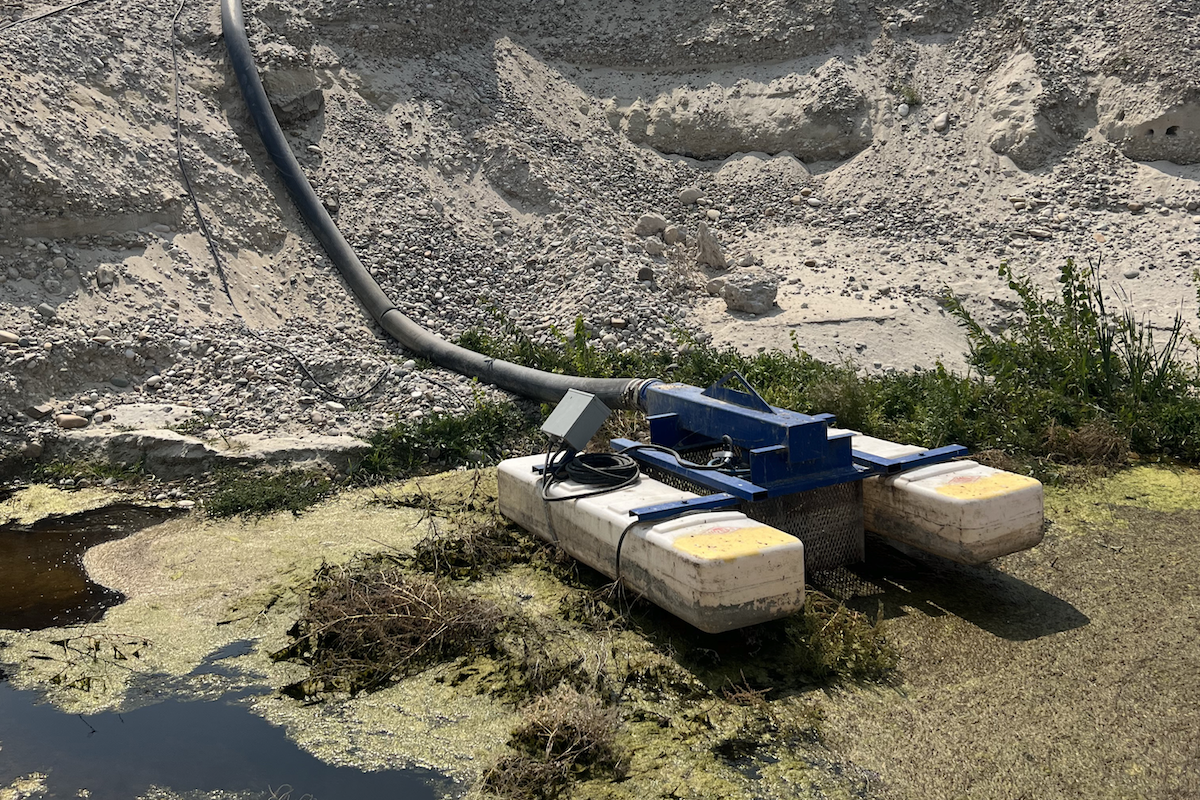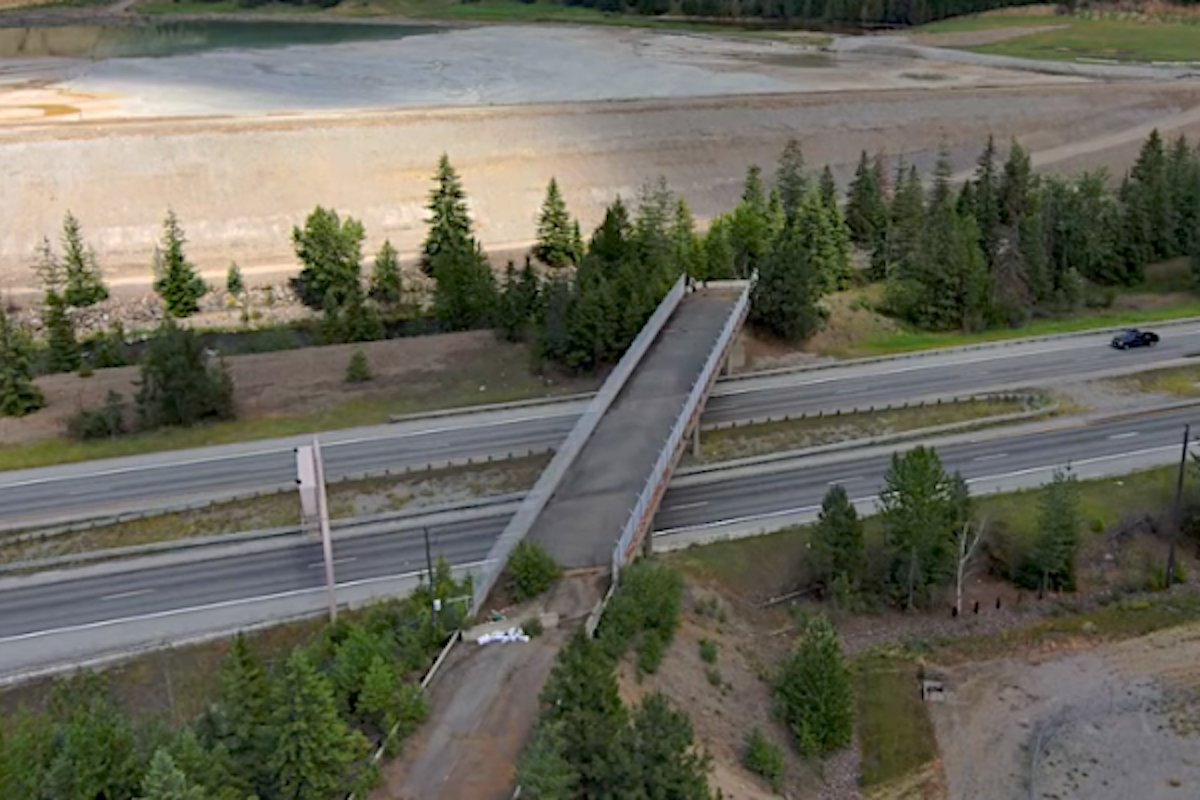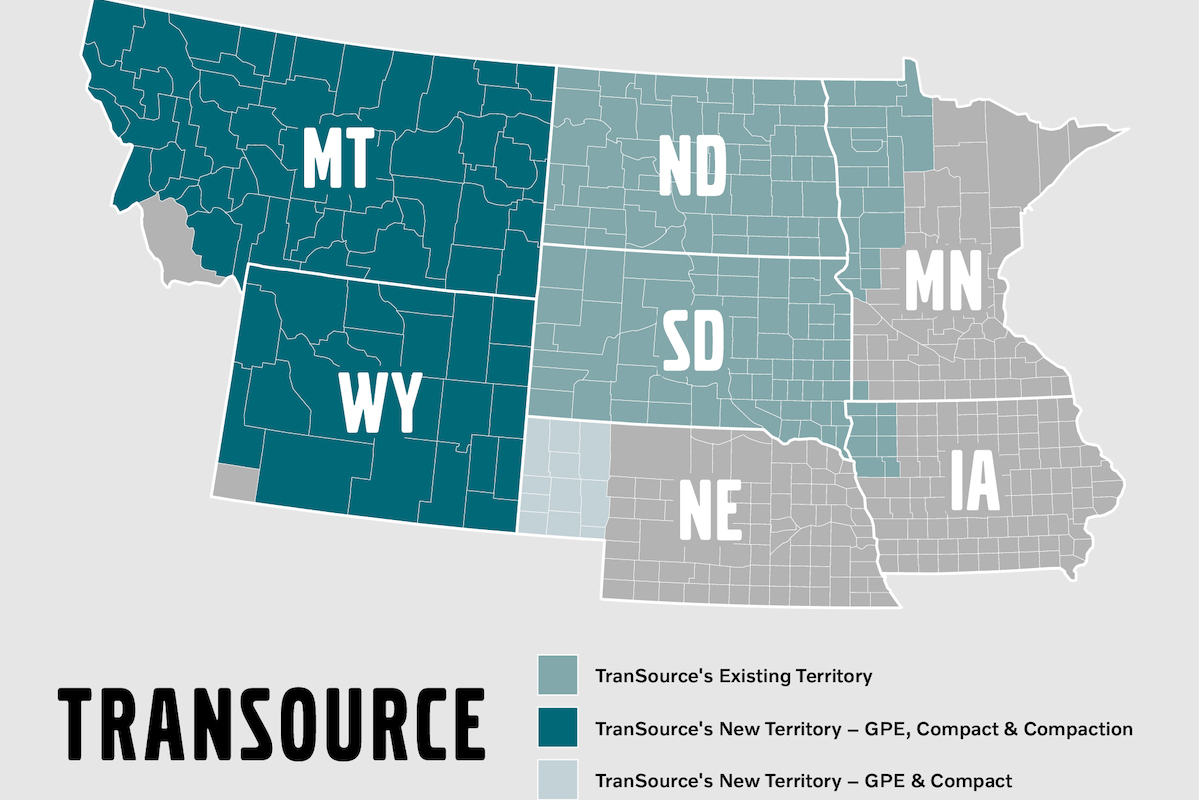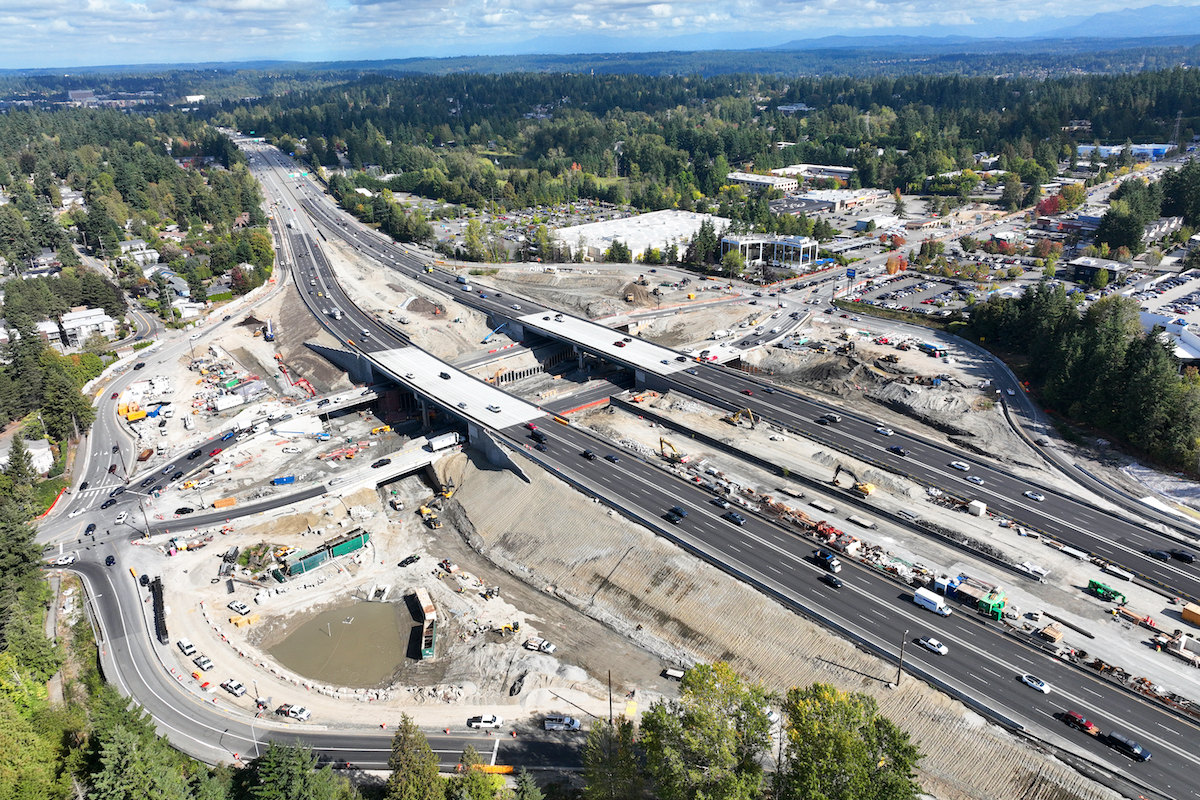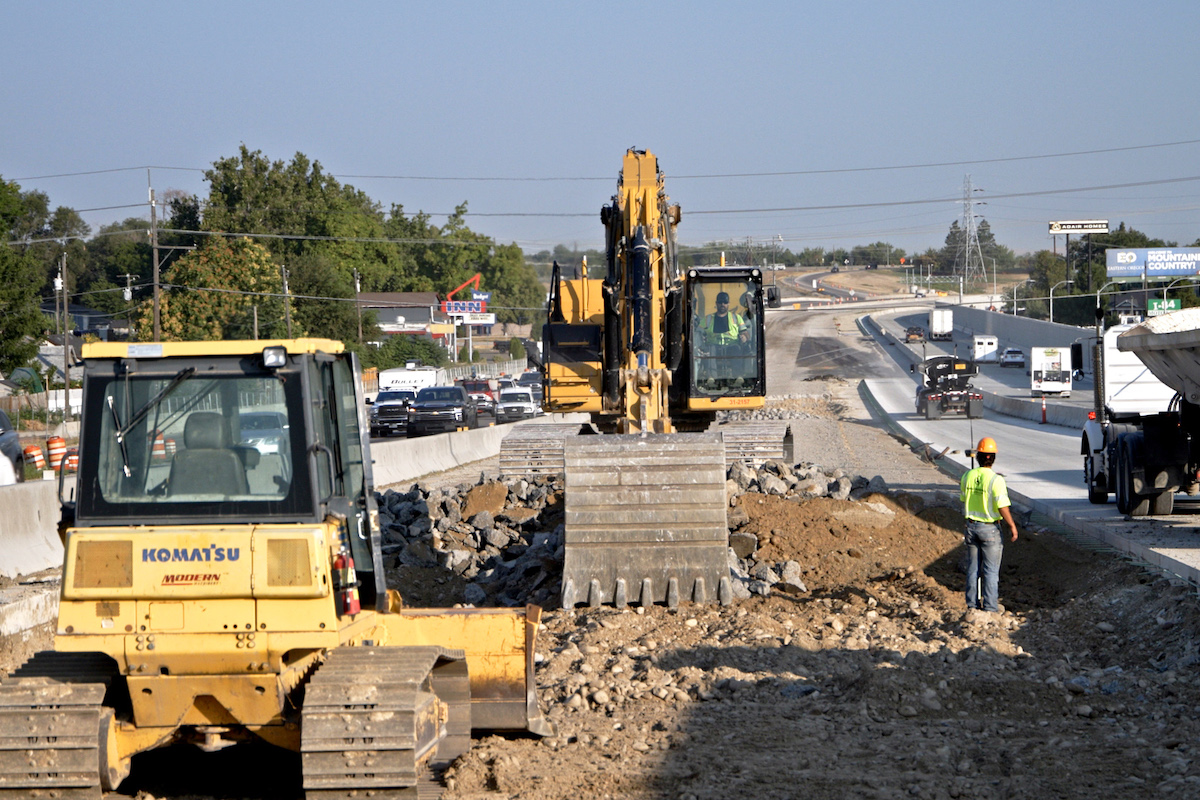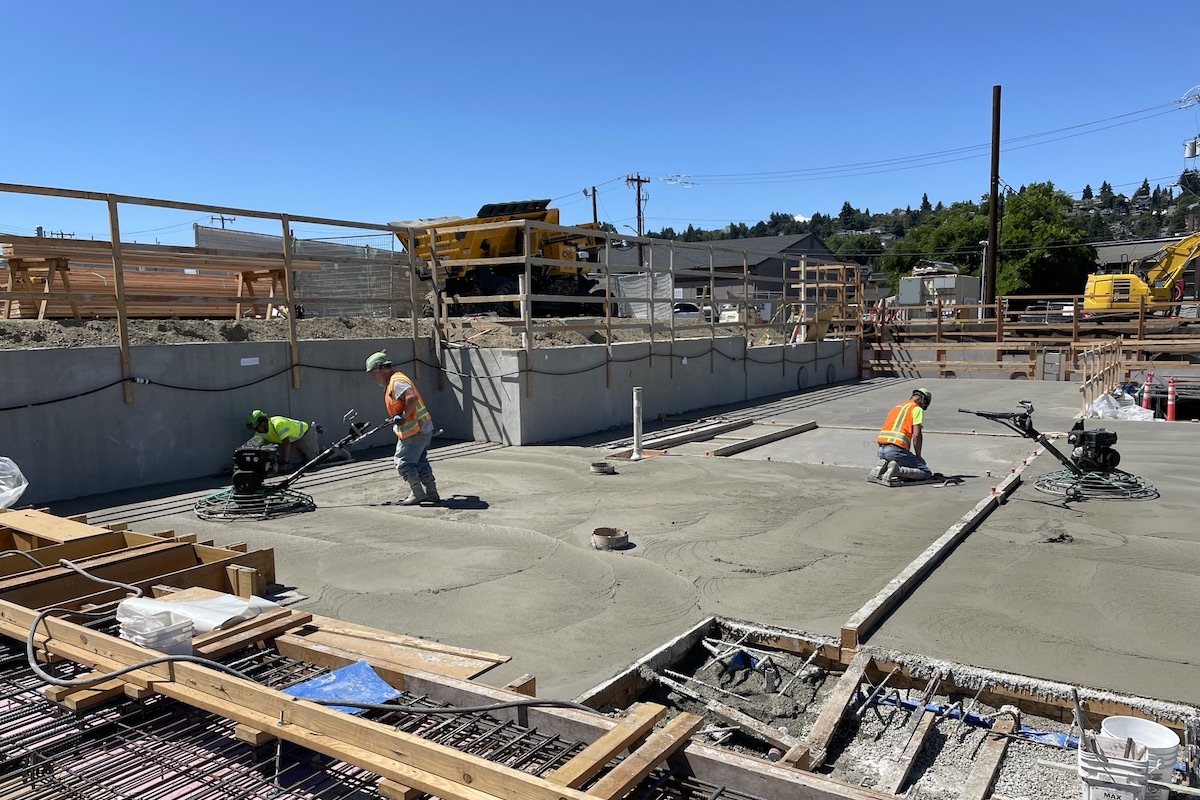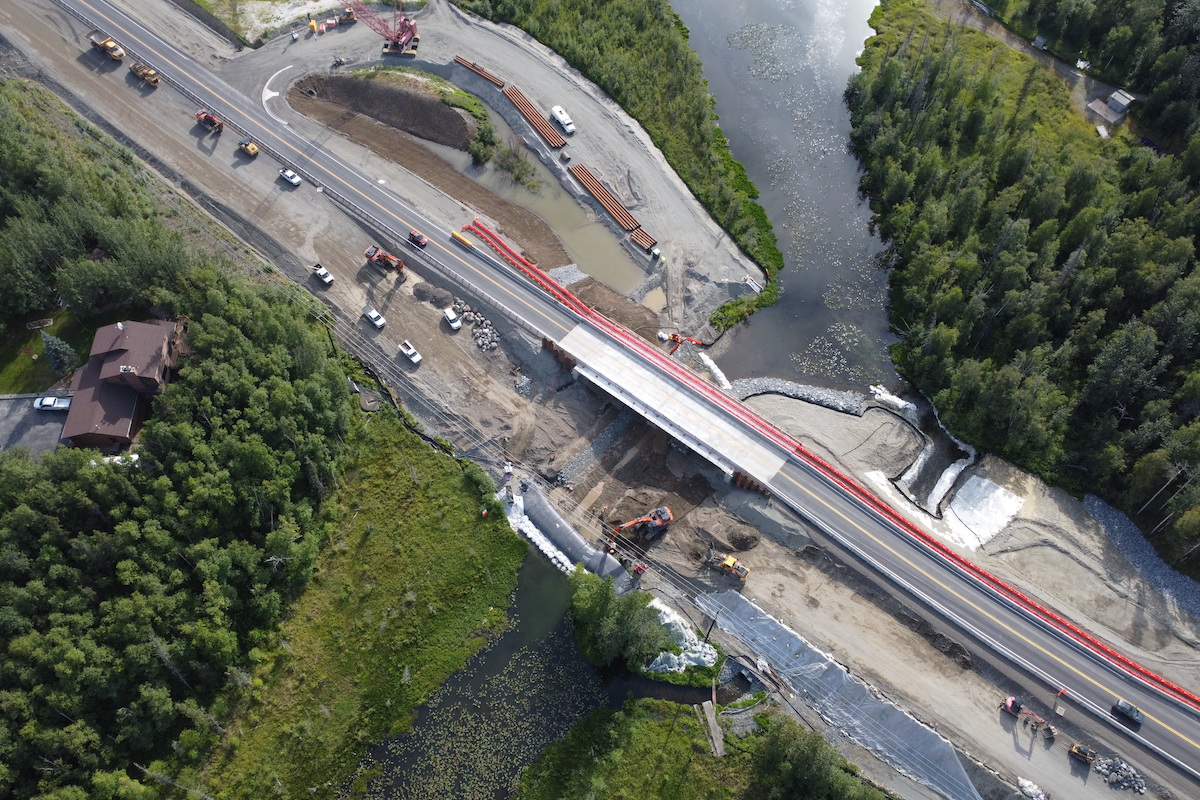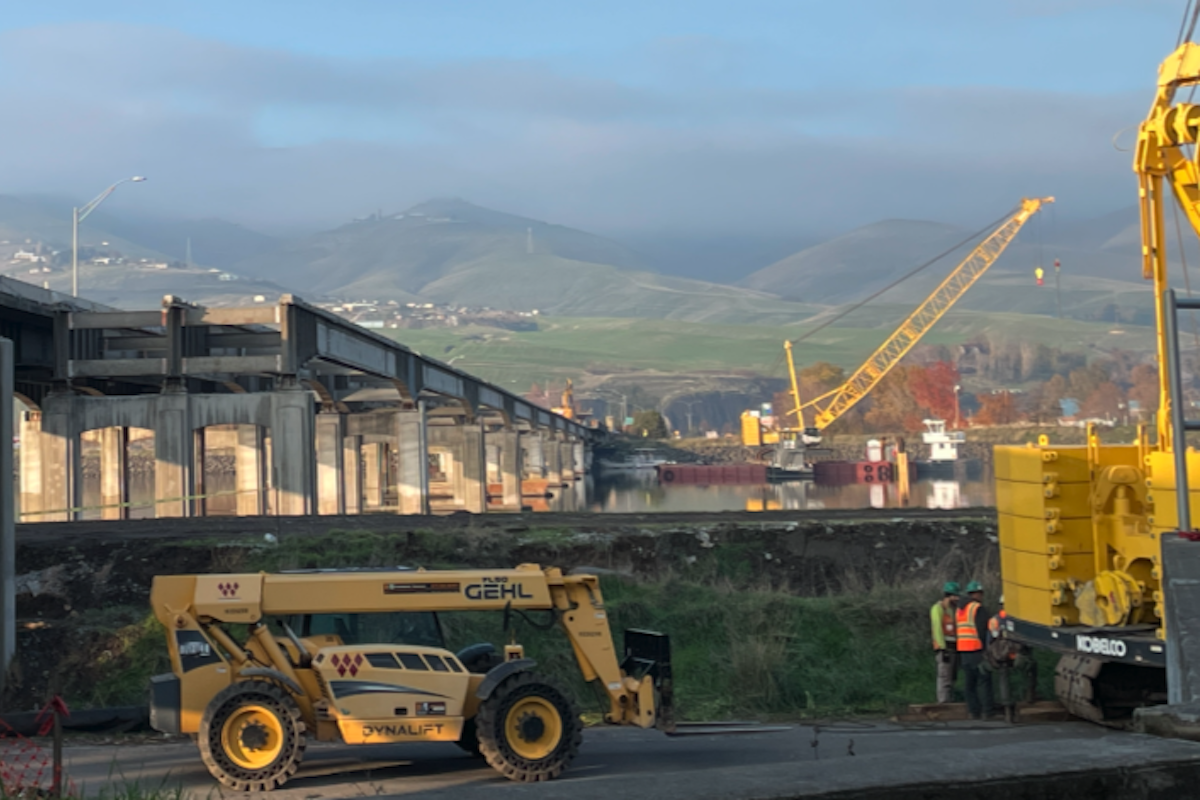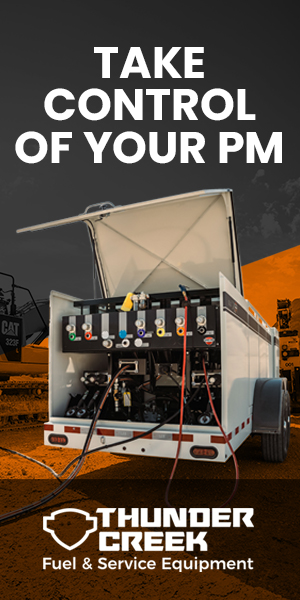Volumetric concrete mixer trucks provide complete control of scheduling and concrete quality when laying bridge decks, paving with continuous pours, performing road repairs, and completing utility projects — all while saving up to 40 percent in material costs. Used volumetric trucks provide these benefits at 75 percent of a new truck’s cost, making it more accessible to add concrete services or expand operations.
Current market dynamics favor bringing concrete production in-house. Interest rates are expected to fall as construction projects are forecast to accelerate. This will make concrete a hard material to get your hands on, and getting concrete delivered where and when you need it could prove challenging.
Volumetric concrete trucks allow you to take control of concrete production with optimal flexibility. You can produce fresh concrete anytime, anywhere without being at the mercy of an outside vendor.
Anyone experienced with construction equipment can operate a volumetric concrete mixer with a little training. Contractors can often redeploy other support equipment, such as a front-end loader, from their existing fleet.
“Now we try to stay in the $10 to $25 million range as our bread and butter,” said Seth Bittick, Vice President of Operations for G-Crete.

| Your local Gomaco dealer |
|---|
| American Construction Supply |
| American Construction Supply |
Volumetric mixers provide the flexibility the company needs to compete. “Things change real fast when installing utilities,” Bittick said.
Mixing concrete on demand allows G-Crete to adapt quickly. “Crews no longer have to sit around waiting for concrete to arrive, which adds up in savings,” Bittick said.
A volumetric truck is an onsite manufacturing system that keeps wear and tear to a minimum. Mileage comes mostly from traveling to the job site.
Three-year-old trucks may only have 40,000 miles on the chassis and about 3,000 hours of usage. In addition, there is a lot of life left in a three- to five-year-old volumetric truck body. The trucks Cemen Tech takes in on trade, for instance, are far from being used to their extreme. These trucks come with extended warranties on both the chassis and the body.

| Your local Trimble Construction Division dealer |
|---|
| SITECH Northwest |
| SITECH Northwest |
Because used volumetric concrete trucks have low mileage and usage, there is very little difference between the function of a good, certified pre-owned truck and a new truck.
Similar to a new car purchase, new truck values depreciate when they drive off the lot. A new truck can decline as much as 20 percent in value, partially due to the one-time Federal Excise Tax (FET). When purchasing a new truck, customers pay an FET up to 12 percent of the vehicle’s value. This one-time tax does not apply to used trucks, so there’s no giant tax bill. The price you see on used equipment is the price you pay, and used trucks may only depreciate 10 percent in the first year.
Used truck quality today is on par with new trucks produced 30 years ago. Manufacturer build quality has increased leaps and bounds in safety, fuel efficiency, aerodynamics, cab appointments, and comfort options. As a result, the truck value remains higher longer.
During COVID supply chain interruptions, customers purchased used volumetric mixers due to availability, which led to a shift in fleet operator buying habits. It’s now more common to buy both new and used trucks to increase fleet size as demand requires.

| Your local Superior dealer |
|---|
| Westate Machinery Co |
| Westate Machinery Co |
The used truck industry has made great strides in addressing past concerns about cosmetic cover-ups. Rigorous inspection processes and readily available vehicle history information empower buyers to make informed decisions. This increased transparency has fostered greater trust and confidence in the used truck market.
Working with dealerships that belong to the Used Truck Association helps ensure standards that result in a purchase customers can put into service immediately and depend on for reliability.
Advancements in truck electronics also simplify condition assessments. Electronic management systems make it possible to check the health of the entire drive system and the emissions after-treatment system with an inexpensive diagnostic tool. If there are significant problems with the truck, they are identified before the equipment is put back on the market.
In addition to increased competition for concrete delivery services, there will likely be longer lead times and increased pricing on new truck deliveries. Fleet purchasers typically pull new truck purchases ahead when faced with emissions technologies that could drive up purchasing cost and complexity.

| Your local Bobcat dealer |
|---|
| Pape Material Handling |
| Pape Material Handling |
The next round of emissions regulations for the heavy-duty truck market is scheduled to take effect for the 2027 model year. Many fleets already started placing orders for new trucks ahead of the deadline to stock up and avoid the uncertainty of new technology. This will result in long lead times and few incentives on new trucks.
The next-generation technology adds value to the used truck proposition. Costs for trucks equipped with the latest emissions technology are projected to increase by $25,000.
In addition, new technology comes with some risk. For instance, with the first generation of diesel particulate filters, introduced to the truck market with 2008 models, operators experienced downtime that drove up operating costs and created a difficult time for the truck industry.
Used trucks operating under the recent Environmental Protection Agency tier rules use proven, familiar technology. Plus, there are no lead times in the used truck market. If you see a used truck advertised, it’s available now.

| Your local Metso Minerals Industries Inc dealer |
|---|
| PacWest Machinery |
| Westate Machinery Co |
| PacWest Machinery |
| Westate Machinery Co |
If you are on the fence about investing in concrete production capabilities, a used volumetric mixer truck provides a productive solution at a lower investment cost. But you need to consider support.
“All mixers are great when they are new, but what matters is the support you get as they age,” said G-Crete’s Bittick.
Fred Vincent, Cemen Tech National Used and Rental Equipment Manager, has spent his 30-year career in the used truck business, including running dealerships and starting used truck divisions. His undergraduate thesis at the University of Texas was centered on starting a used truck division.







